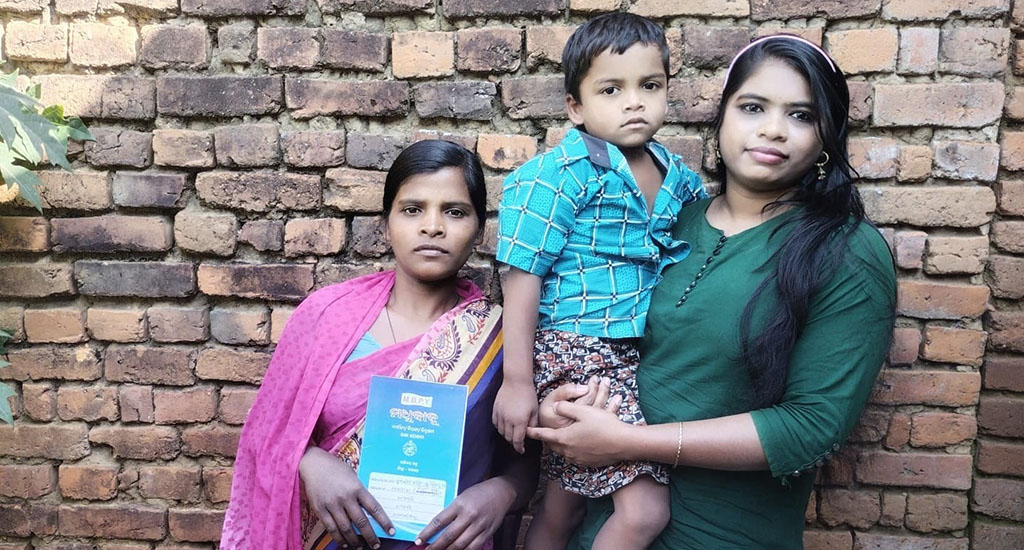
Odisha’s “Twitter Girl” helps solve people’s problems
This International Women’s Day, Village Square spotlights social media activist Charubala aka Deepa Barik. By tweeting and tagging the officials concerned, she helps resolve people’s grievances.

This International Women’s Day, Village Square spotlights social media activist Charubala aka Deepa Barik. By tweeting and tagging the officials concerned, she helps resolve people’s grievances.
It used to be the “power of the pen” that got things done – now it is a tweet.
But one young, selfless woman from Odisha is using this powerful tool not for herself, but to help those on the margins of society.
25-year-old Charubala Barik, fondly called the “Twitter Girl” of Odisha, tweets about other people’s problems.
From the irregularity in providing old-age pensions to an entitlement under the government’s housing scheme – her tweets get attention and solve problems.
Uma Bariha of Khursapali village in the Bargarh district becomes emotional when she recounts her experience with Barik.
She lost her husband to a brain stroke in 2021. She was clueless how to feed her five small children. Heeding a villager’s suggestion, she called Barik.
“She came to our village the very next day. She listened to my problems patiently and promised to help,” Bariha told Village Square.
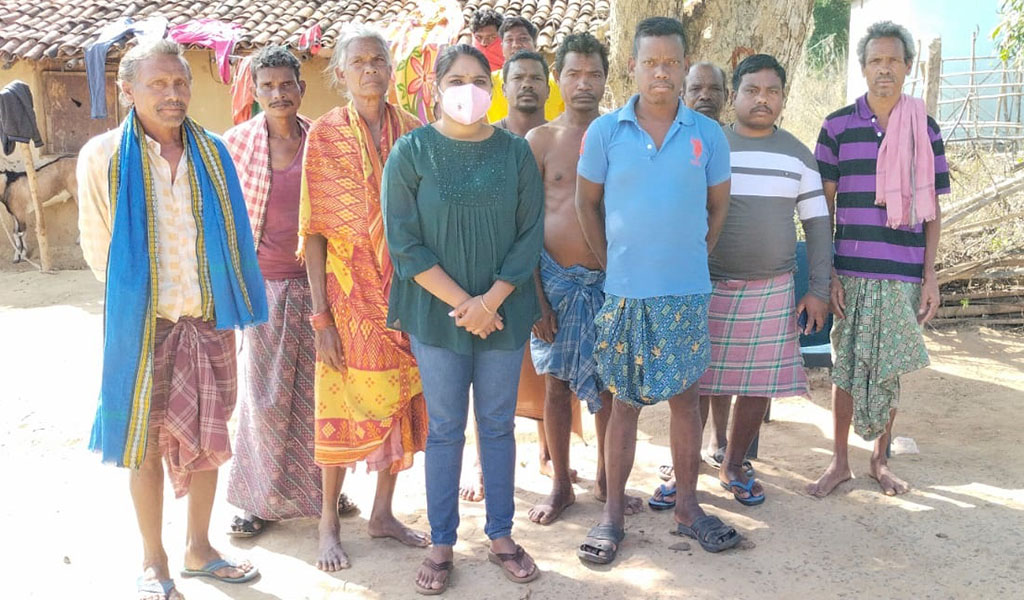
Using her own handle, Barik tweeted about Uma Bariha’s situation, tagging the necessary government departments and officials.
“Within a week a government official came. He said my children would get Rs 1,500 per month under the Ashirwad Yojana (a welfare scheme). It was a big relief,” said Bariha. “I can at least feed my children now. My life would have been miserable if Deepa had not helped me.”
This is one instance of the impact of Barik’s social media activism. Through her tweets she has helped resolve about 3,000 grievances so far.
But how did it all start for Odisha’s Twitter Girl?
Charubala – also known as Deepa – hails from Temri, a non-descript village in the Bargarh district of Odisha.
Her family’s working class background and the struggles of people in her village made her acutely aware of rural problems.
“Since my childhood, I had the desire to serve the people,” she told Village Square.
But it was a smart phone that made her a social media activist.
“In 2019 my parents gifted me a phone. Then I learned how to make the best use of my mobile phone and Twitter,” she said.
Starting in 2019, in the aftermath of Cyclone Fani, Barik has been tweeting about people’s grievances. And the state government’s 5T model of governance has helped the problems get resolved.
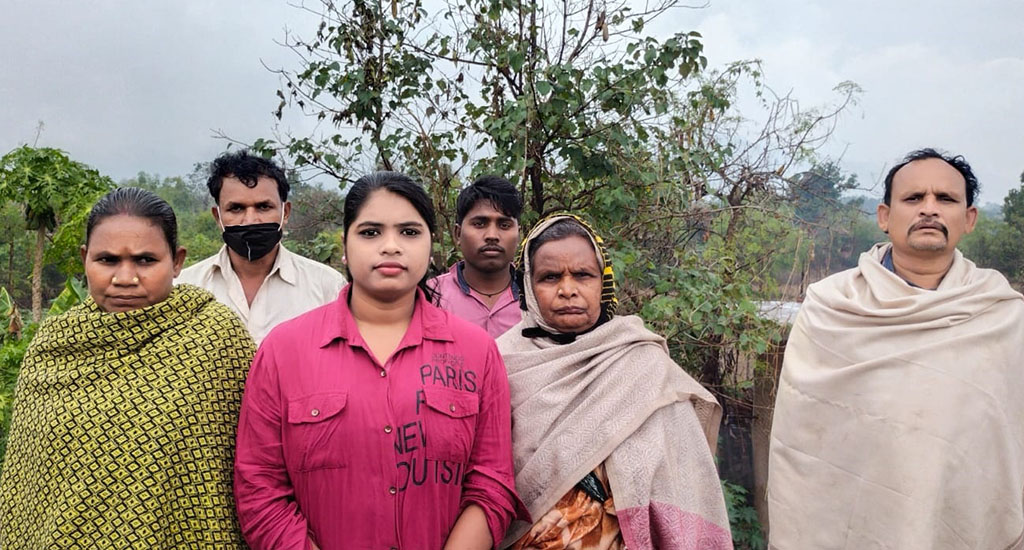
The 5T model promises transparency, teamwork, technology and timeliness to bring transformation.
Odisha’s Chief Minister Naveen Patnaik adopted the 5T model to transform governance in every department.
Mo Sarkar, or My Government, is another initiative linked to 5T. Under this program the phone number of every petitioner who approaches a government office is available to the state’s leadership team. This team includes the chief minister (CM), all the ministers, bureaucrats and top officials of all the departments.
Every day, the CM or his office randomly calls 10 numbers and gets feedback from the petitioners on the quality of the government’s service.
Barik taps into the Mo Sarkar scheme to help marginalised people who desperately need the state’s assistance.
But Barik does not wait for those in need to approach her for help. She goes looking for those who need it.
Every morning she scans the major vernacular and English dailies and identifies the issues that need the government’s attention. With snapshots of the news, she tweets about the issue, tagging the officials concerned and requesting them to look into the problem.
If the news in the daily does not have any picture, she finds pictures through the reporter or a local public representative or her own contacts.
When a grievance is from a nearby locality, she goes and visits those in need. If not, she asks the person with the grievance to send pictures, videos or sound bites.
She tweets only after verifying the facts and ensuring that the grievances are genuine.
“The system is fast and transparent. When you tweet, the department has to take action within 24 hours as per the 5T guidelines,” said Barik.
People are not aware of our government’s schemes and entitlements. So I just try to fill the gaps.”
Barsha Kandi is a mentally challenged person. Despite being certified as disabled, her widowed mother had been running from pillar to post to get the disability pension for her.
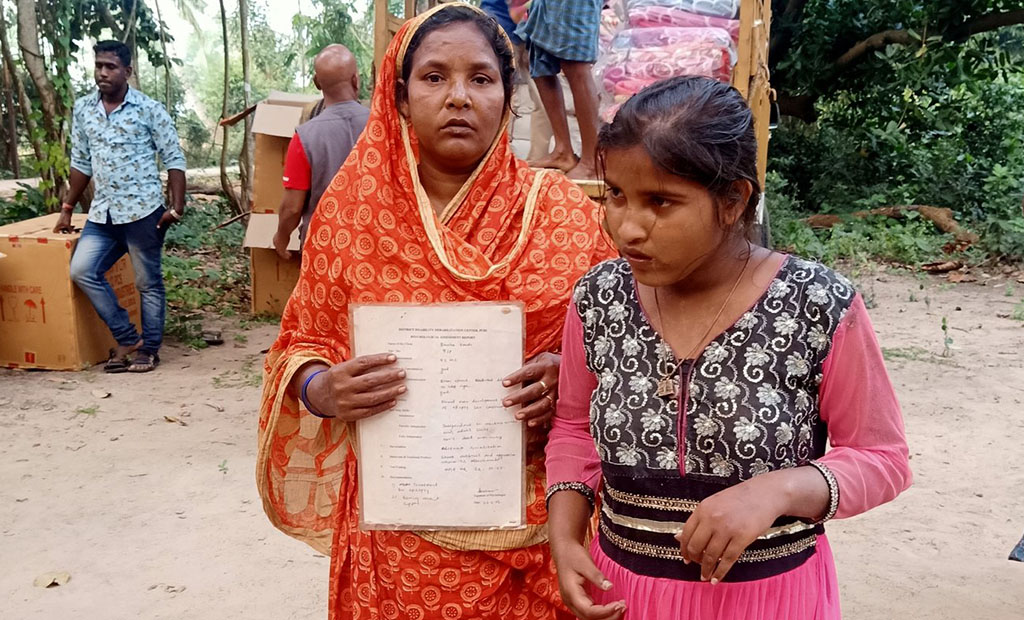
When Barik learnt about Kandi, she asked her contact to click their picture. She then tweeted about Kandi’s plight, tagging the authorities concerned.
Within a week, the officials took action.
“I learned that a girl helped us. I don’t know anything about her. So I just pray to God to bless her,” said Himadri Kandi, the mother.
In Bilaspur village of the Bargarh district, the check dam’s gates were in disrepair. As water could not be retained, farmers had a problem irrigating their crops.
Villagers’ complaints to the local officials had not borne any results.
“So we shared photos of the broken gates with Deepa and told her about the problem,” said Chudamani Panigrahi, a villager. “Soon officers visited the dam and within a month new gates were fixed.”
Laxman Lohar, his wife and 20-odd labourers had migrated to Telangana to work in a brick kiln. But the brick kiln owner exploited them, forced them to work without food and also severely beat them. Laxman Lohar’s hand had to be amputated when he tried to end his life, unable to bear the abuses.
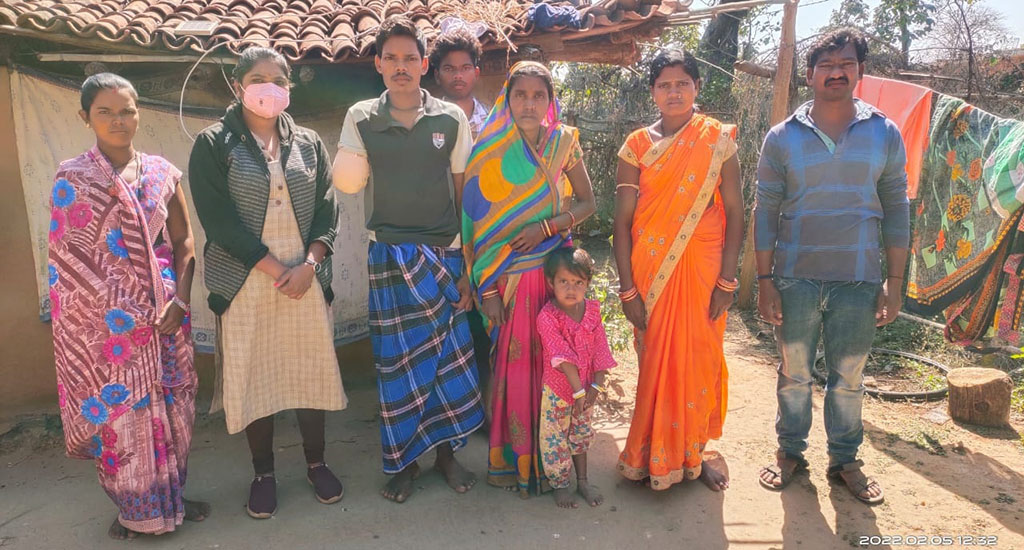
Desperate to return home, the labourers contacted Barik. After a tweet and some coordination, all the migrants returned to Odisha.
Since the beginning of the pandemic, Odisha’s Twitter Girl has helped more than 1,000 distressed migrant labourers return to Odisha from Telangana and Andhra Pradesh.
But Odisha’s Twitter Girl is not resting on her laurels. She says she will keep tweeting for change and serving people who need her.
Sarada Lahangir is a Bhubaneswar-based journalist who writes about development, conflict, gender, health and education.